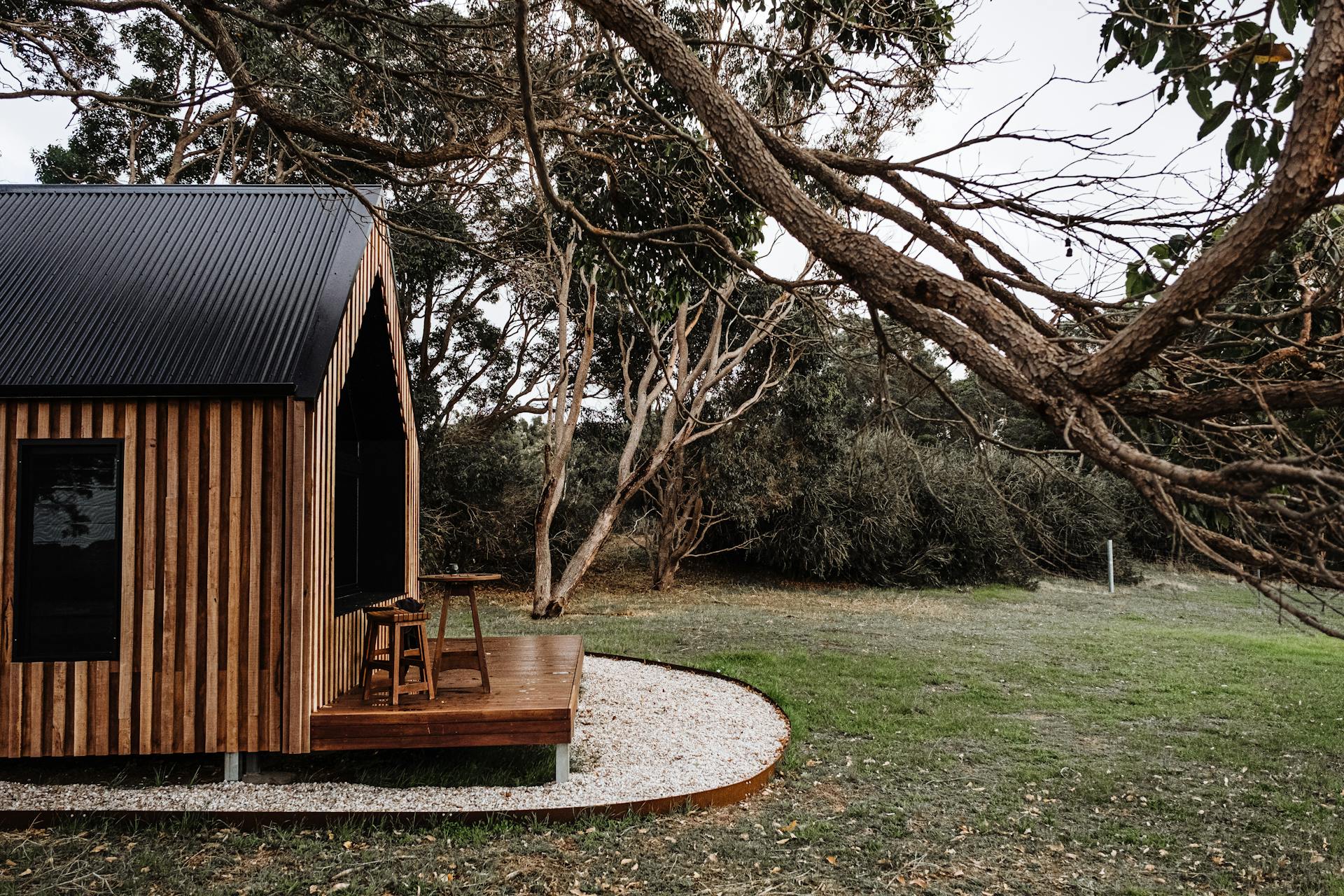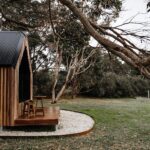Living off the grid has captured the imagination of many who yearn for freedom, simplicity, and self-sufficiency. While this lifestyle promises a break from the hustle and bustle of urban life, it also comes with significant challenges. For those contemplating this life-altering decision, here’s a detailed look at the pros and cons of living off the grid.
The Pros of Living Off the Grid
1. Independence and Self-Sufficiency
One of the most appealing aspects of off-grid living is the opportunity to become entirely self-reliant. By generating your own power, sourcing your water, and growing your food, you free yourself from dependency on public utilities and services. This independence fosters a sense of empowerment and control over your daily life.
2. Cost Savings Over Time
Although the initial setup costs can be high (e.g., purchasing solar panels or a rainwater harvesting system), off-grid living can result in long-term savings. By producing your own energy and reducing monthly utility bills, you could save substantial amounts of money over the years.
3. Eco-Friendly Lifestyle
Living off the grid encourages sustainable practices, such as using renewable energy sources like solar and wind, composting, and minimizing waste. This lifestyle reduces your carbon footprint and helps you live in harmony with nature, making it an excellent choice for environmentally conscious individuals.
4. Quiet and Solitude
For those seeking peace and quiet, off-grid living offers an escape from the noise and chaos of urban environments. Nestled in remote areas, you can enjoy the tranquility of nature and the simplicity of a slower-paced lifestyle.
5. Stronger Connection to Nature
Living off the grid often means spending more time outdoors and interacting with the natural world. From tending to your garden to observing local wildlife, this lifestyle fosters a deep appreciation for the environment and a more profound connection to the earth.
6. Skill Development
Off-grid living requires learning and mastering a variety of skills, such as gardening, carpentry, and basic mechanics. Over time, you become more resourceful and capable of handling challenges, which can be deeply fulfilling.
The Cons of Living Off the Grid
1. High Initial Investment
Setting up an off-grid lifestyle can be costly. Solar panels, water filtration systems, backup generators, and other essential equipment often require a significant upfront investment. Additionally, purchasing land in a remote location can add to the expenses.
2. Isolation
While solitude can be a blessing, it may also lead to feelings of loneliness and social isolation. Living far from neighbors, friends, and family can make it challenging to maintain a social life or access community resources.
3. Maintenance Demands
Off-grid systems require regular upkeep to ensure they function correctly. Whether it’s cleaning solar panels, repairing water pumps, or maintaining a septic system, the responsibility falls squarely on your shoulders. For those without a knack for DIY maintenance, this can be a steep learning curve.
4. Limited Access to Modern Conveniences
Living off the grid often means giving up certain modern conveniences, such as high-speed internet, reliable cell service, and instant access to amenities like grocery stores and hospitals. Adapting to these limitations can be challenging, especially for individuals accustomed to an urban lifestyle.
5. Weather-Dependent Resources
Many off-grid systems rely heavily on the weather. For instance, solar panels require ample sunlight, while rainwater harvesting depends on consistent rainfall. Unpredictable weather patterns can disrupt these systems, requiring you to have backup solutions in place.
6. Legal and Zoning Challenges
Depending on where you choose to live, there may be legal and zoning restrictions that complicate your plans. Some areas have strict building codes or regulations that limit your ability to disconnect from the grid entirely. Navigating these bureaucratic hurdles can be frustrating and time-consuming.
7. Emergency Preparedness
Living in a remote area means you need to be prepared for emergencies, whether it’s a medical crisis or a natural disaster. Without immediate access to emergency services, self-reliance becomes crucial, which can be daunting for some.
8. Energy and Resource Management
Managing your resources efficiently is a constant challenge. You must monitor energy consumption, water usage, and food supplies carefully to ensure sustainability. This lifestyle requires meticulous planning and discipline to avoid shortages.
Is Off-Grid Living Right for You?
Ultimately, the decision to live off the grid depends on your personal priorities, lifestyle preferences, and willingness to embrace both the rewards and challenges. For some, the freedom and connection to nature are worth the sacrifices. For others, the isolation and resource management demands may outweigh the benefits.







Leave a Reply